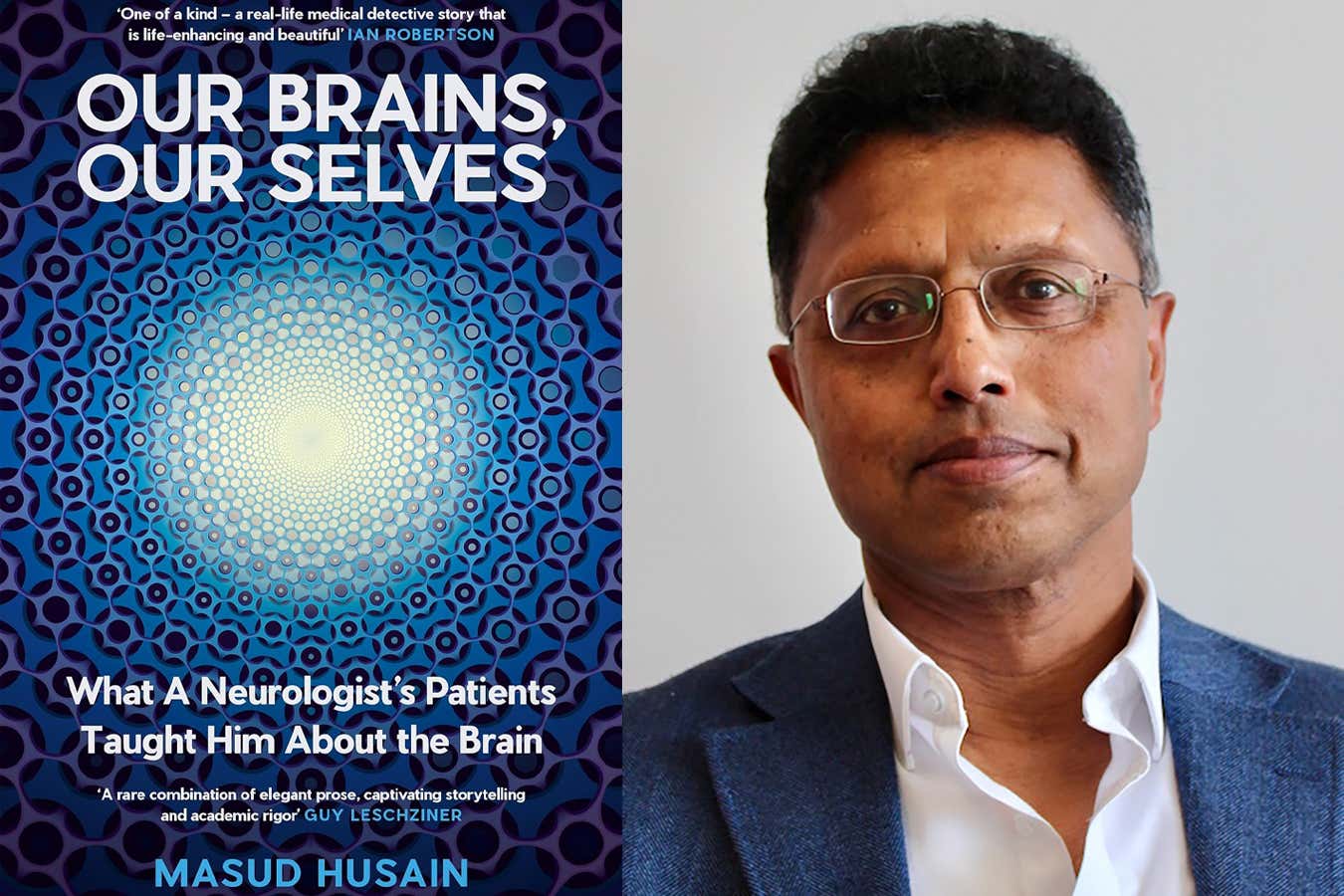The New Scientist Book Club’s October selection, Our Brains, Our Selves by Masud Husain, sparked deep discussions among members as they considered its themes of identity and the complexities of the human brain. This book won the Royal Society Trivedi Science Book Prize and is described as a compelling examination of how neurological conditions can alter one’s sense of self. The book intertwines Husain’s medical experiences with his personal story as an immigrant to the UK in the 1960s.
While club members expressed enthusiasm for the book, they approached it with a critical eye, raising both commendations and concerns. The group highlighted how Husain’s exploration of identity resonated with many, particularly his insights into the evolving concept of self and the impact of neurological conditions on his patients.
Positive Reflections on Identity and Experience
As discussions unfolded, members noted the book’s ability to provoke thought about personal identity. Katherine Sarah remarked on the connection between language and self-expression, sharing her own experiences of moving to a new country where she struggled with communication. She noted, “It really resonated with me how much language represents a part of yourself and how hard it is to portray yourself without it.”
Another member, Gosia Furmanik, appreciated Husain’s engaging writing style and the relevance of his musings on identity and migration, reflecting on her own migration experiences. Judith Lazell found the book “very interesting and very readable,” while Jennifer Marano highlighted a chapter about a bus driver named Wahid, whose dementia led to hallucinations, noting it significantly altered her understanding of perception.
These positive reflections underscored the book’s ability to foster personal connections and encourage readers to consider their own experiences in relation to the themes presented.
Critical Perspectives on Style and Language
Despite the engaging content, some members expressed concerns regarding Husain’s narrative style. Niall Leighton observed that the dialogue with patients felt stilted, raising questions about how much of the book may have been fictionalized. He stated, “I quickly became aware that much of the dialogue… might be fictionalised to some, even a large degree.”
Others noted that Husain’s ornate language could detract from the scientific focus. Jennifer Marano pointed out that the elaborate descriptions sometimes seemed out of place in a non-fiction context. Additionally, members criticized Husain’s use of the term “normal” in relation to brain function, which some found alienating. Gosia questioned the appropriateness of labeling certain experiences as “normal,” stating, “Unhealthy people are still normal, illness and disease are perfectly normal aspects of the human condition.”
These critiques highlight the tension between engaging storytelling and maintaining clarity in scientific communication.
As the discussions continued, members acknowledged that despite their criticisms, they appreciated Husain’s passion for his work and the effort involved in writing a book. Jennifer concluded by acknowledging the value of finishing the book, stating, “I had to give him credit for being passionate about his work, writing a book, and getting it published.”
Looking ahead, the book club plans to explore another title that delves into the mysteries of the brain through science fiction. The upcoming read is Grace Chan’s Every Version of You, which imagines a future where humanity uploads its consciousness to escape a deteriorating reality. This transition from non-fiction to fiction promises to continue the club’s exploration of identity and the human experience.







